From November 4-7, Australian Prime Minister Anthony Albanese paid an important visit to China, at the invitation of his host counterpart Li Qiang.
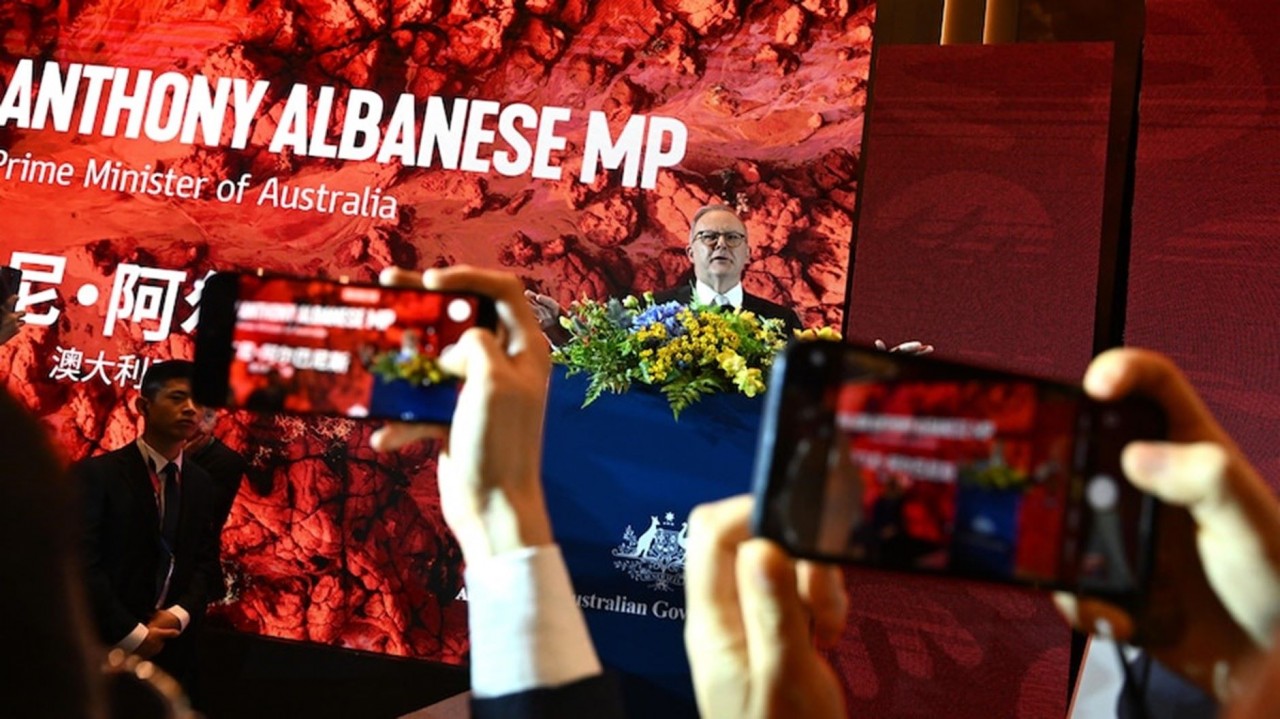 |
| Chinese media, including the Global Times and CGTN, described Australian Prime Minister Anthony Albanese's visit as a "new chapter" and "breakthrough" in bilateral relations. (Source: AAP) |
Expect new vitality
This is the first visit by an Australian Prime Minister to China in seven years, amid tense relations between the two countries in recent years.
Under former Prime Minister Scott Morrison, Australia implemented a fairly tough policy towards China in areas such as telecommunications, investigating the origin of the epidemic, and restricting bilateral trade. China also responded with restrictions on Australia's key exports to China, causing relations between the two countries to fall into one of the most difficult periods since the establishment of diplomatic relations in 1972.
Since taking office in 2022, Prime Minister Anthony Albanese's government has made adjustments to its foreign policy towards China. The two countries have restarted or resumed dialogue and consultation on diplomacy, economics, and trade, promoting dialogue and exchanges at all levels.
President Xi Jinping and Prime Minister Albanese met bilaterally on the sidelines of the G20 Summit in Bali, Indonesia in November 2022. Prime Minister Li Qiang and Prime Minister Albanese met on the sidelines of the East Asia Summit within the framework of the 43rd ASEAN Summit in Jakarta, Indonesia last September. The two sides also took steps to lift trade sanctions and facilitate each other's exports, showing that bilateral relations have shown clear signs of improvement.
Therefore, this visit by Prime Minister Albanese is the result of Australia's recent policy adjustment towards China, as well as the desire to improve and promote relations between both sides, and is expected to bring new vitality to bilateral relations.
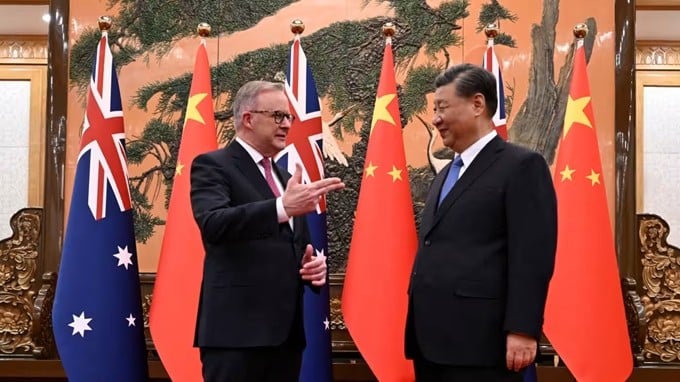 |
| Australian Prime Minister Anthony Albanese meets Chinese President Xi Jinping at the Great Hall of the People in Beijing on November 6. (Source: Reuters) |
"Good and stable" relationship
As a result of the visit, the Australian Prime Minister had important talks and contacts with China's top leaders.
The two sides issued a Joint Statement on the Outcome of the Annual Meeting of the Chinese and Australian Premiers. The joint statement reaffirmed support for the China-Australia comprehensive strategic partnership and reiterated the importance of bilateral relations being stable and constructive, mutually respectful, equal and mutually beneficial, and developing steadily; Australia is committed to the one-China policy.
The two sides also reaffirmed the importance of the United Nations Charter and compliance with commitments in the World Trade Organization (WTO), agreed to continue cooperation in multilateral forums such as the United Nations, G20, APEC, East Asia Summit, and attached importance to cooperation within the framework of the Regional Comprehensive Economic Partnership (RCEP). The two countries also agreed to continue cooperation and expand communication in areas such as politics, bilateral trade, cooperation on climate change, energy and environment, people-to-people and cultural exchanges, etc.
At the meeting with the Australian leader, President Xi Jinping emphasized that China and Australia are both countries in the Asia-Pacific region, important members of the G20, the two countries have no historical grievances or fundamental conflicts of interest and can completely become mutually trustworthy and successful partners.
He affirmed that the "good and stable" relationship with Australia contributes to ensuring the interests of each country, and it is important to promote the elevation of bilateral relations to a strategic level. China is willing to carry out more trilateral and multilateral cooperation with Australia to support South Pacific countries in enhancing development resilience, responding to climate change and other challenges, and maintaining peace and stability in the Asia-Pacific region in an open and inclusive manner.
A diplomatic move
The Australian Prime Minister’s visit to China can be said to have achieved good results in ending a period of tension and opening a new phase in bilateral relations. However, it can be seen that both sides still have certain doubts.
Just before the visit, Prime Minister Albanese made a visit to the US at the end of October, and his second visit to the US in 2023, in an effort to "build an alliance for the future", focusing on promoting the implementation of agreements within the AUKUS framework, promoting the free trade agreement that the US signed with Australia, and enhancing cooperation on climate, critical minerals and clean energy.
This shows that Australia still highly values its relationship with the United States, its traditional ally.
The above visits demonstrate a more flexible, dynamic and pragmatic foreign policy of Australia under the new Prime Minister, when both consolidating and maintaining the alliance with the US and improving and bringing the relationship with China back on track for development.
In the context of fierce strategic competition between major powers today, it can be said that Australia's recent diplomatic move is a suitable choice, not only helping Australia improve relations with the world's second largest economic power, Australia's leading partner, China, bringing benefits to the country, but also helping Australia avoid being stuck in the current great power competition.
Source












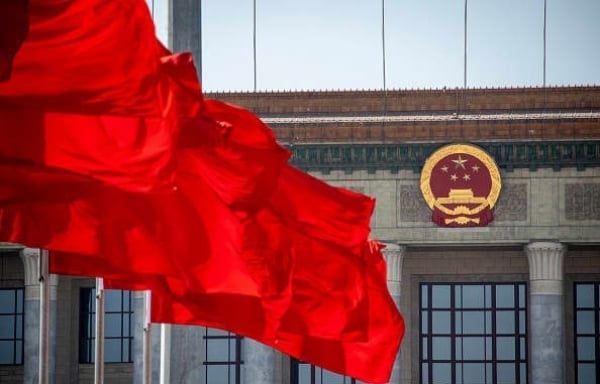





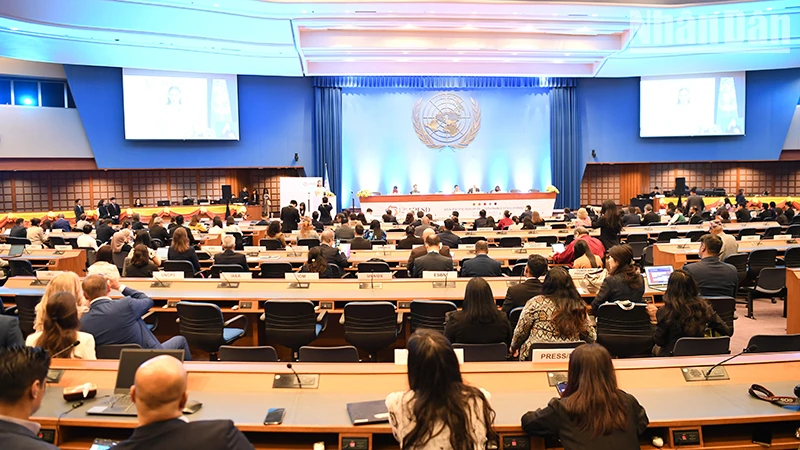









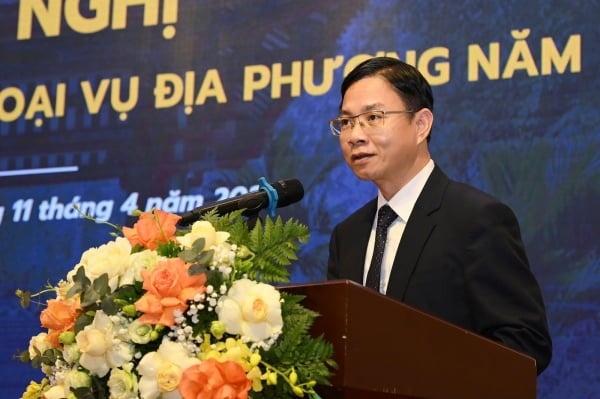
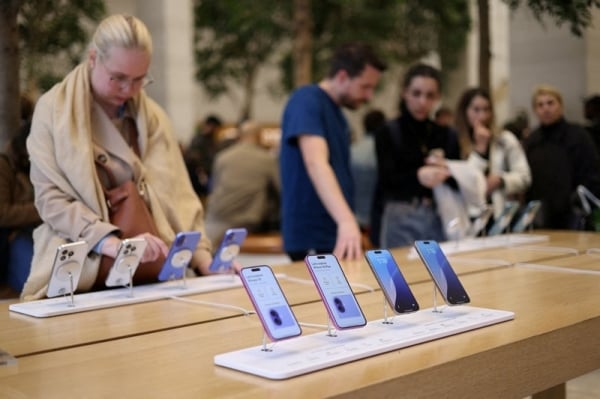
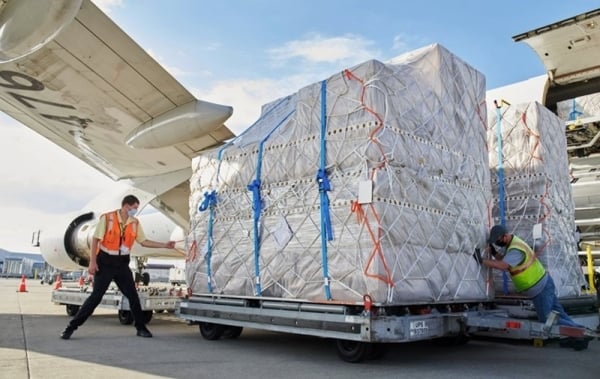


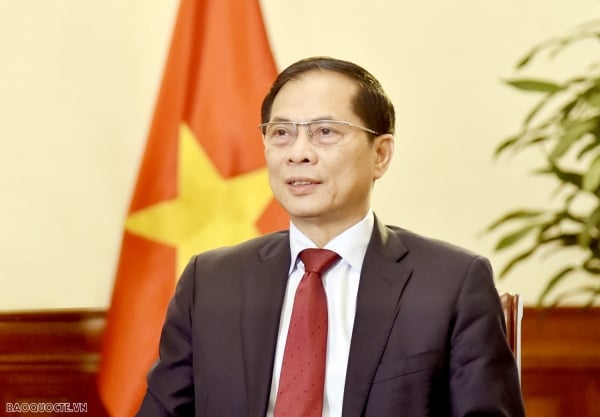

![[Photo] "Beauties" participate in the parade rehearsal at Bien Hoa airport](https://vstatic.vietnam.vn/vietnam/resource/IMAGE/2025/4/11/155502af3384431e918de0e2e585d13a)









































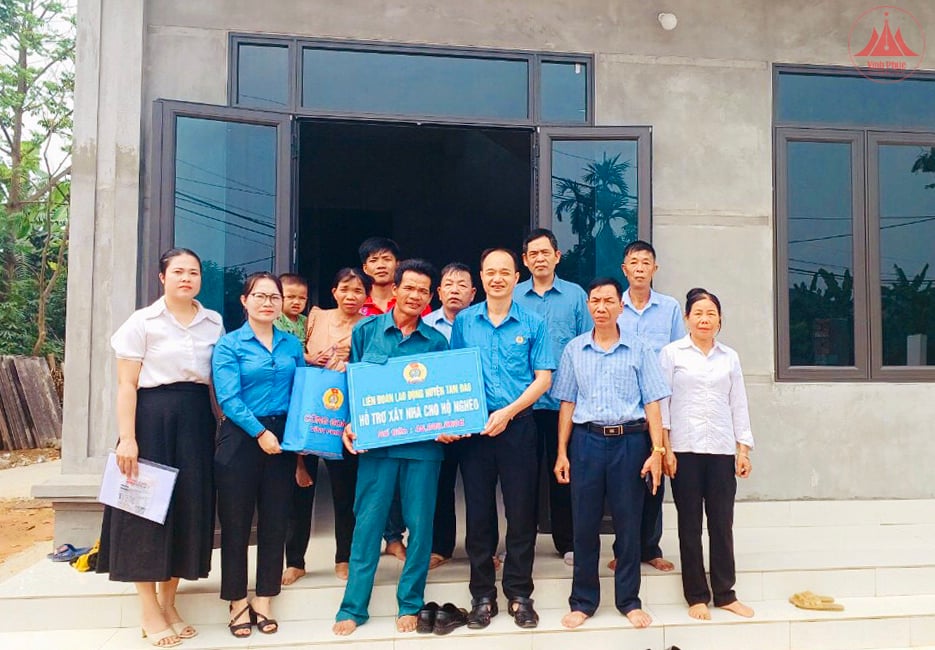



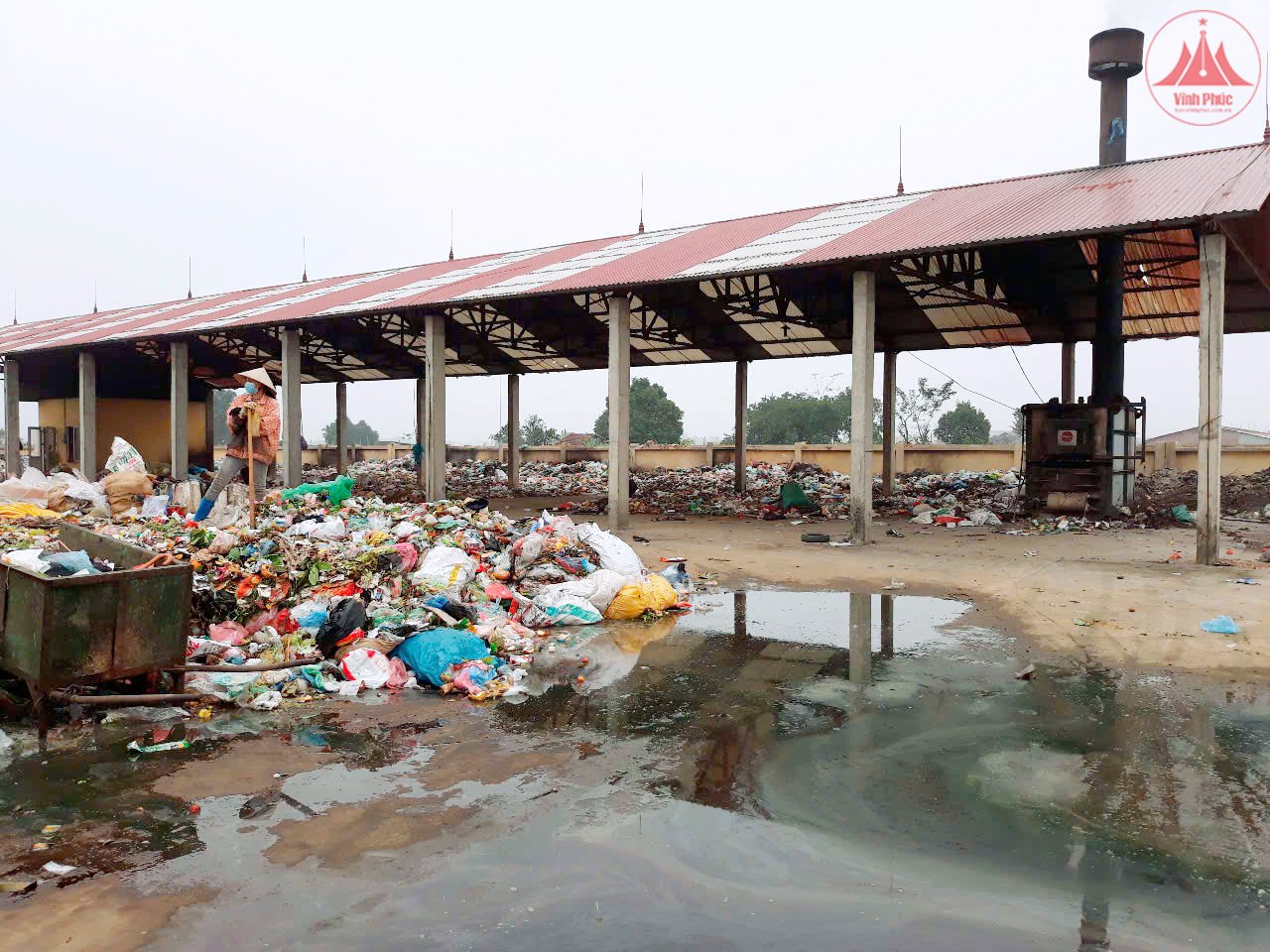













Comment (0)